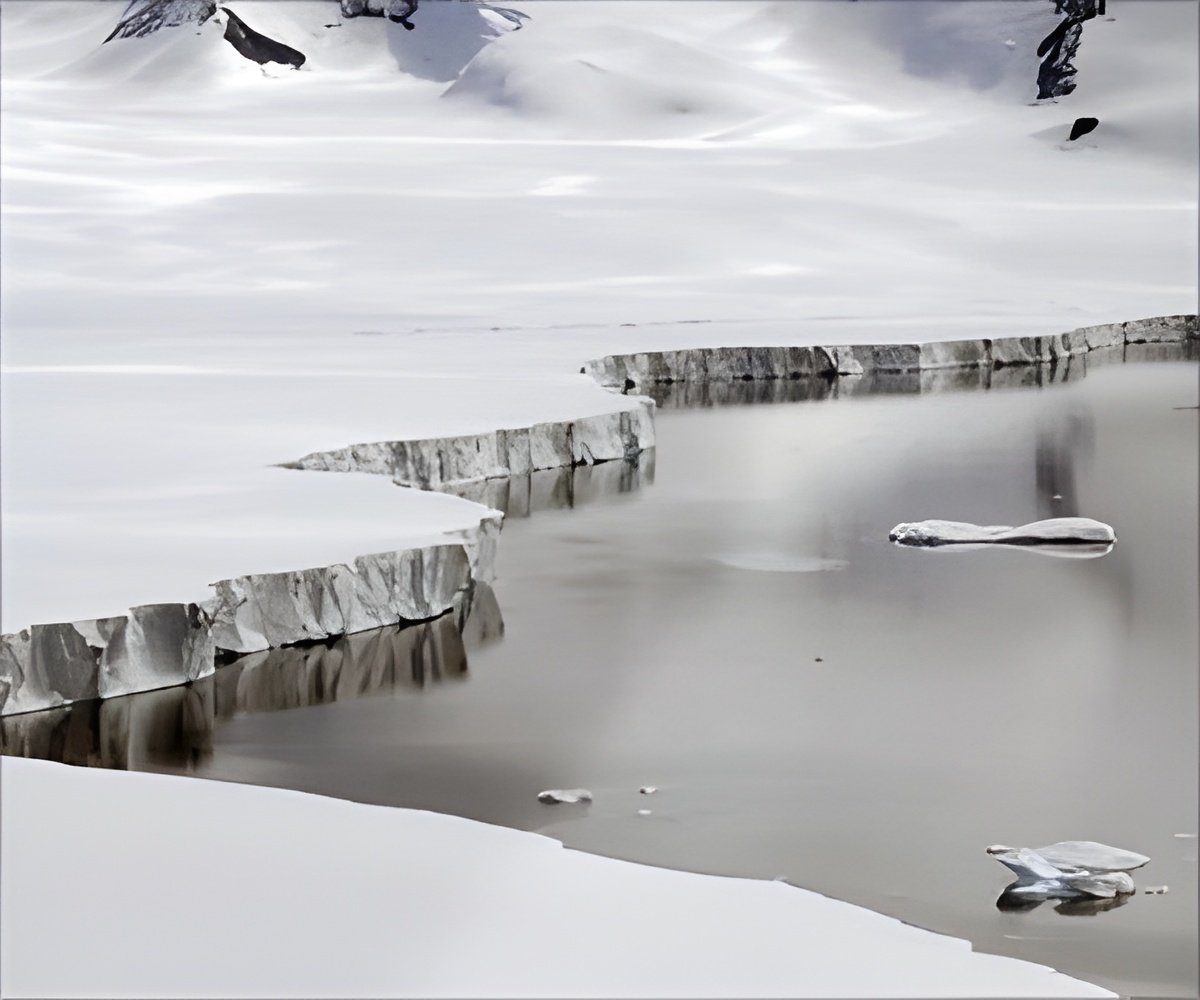Ammonia-rich bird poop may be playing an important role in cooling the Arctic during its warmer months, reveals study published in Nature Communications.

Central to the development of clouds is the availability of cloud condensation nuclei - small atmospheric particles around which water can condense. Using a combination of observations and computer modeling, Pierce, Kodros and co-authors at Dalhousie University, University of Toronto, and Environment and Climate Change Canada determined that migratory-seabird colonies have a definitive influence on atmospheric particles and clouds in the pristine summertime Arctic. They report the presence of summertime bursts of atmospheric particles linked to ammonia emissions from seabird-colony guano.
These particles can spread throughout the Arctic, fostering cloud-droplet formation, and in turn reflect sunlight back to space for a net cooling effect. "This newly identified and fascinating ecological-atmospheric connection highlights the interconnectedness of the many components of Earth's climate system," Pierce said.
Source-ANI









